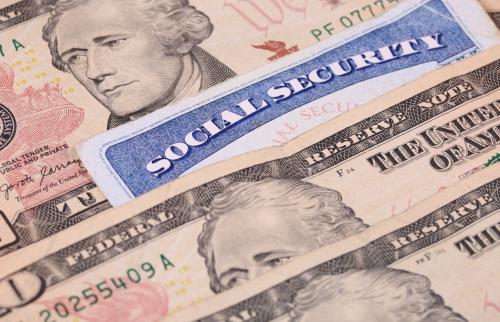Abstract
This paper provides new evidence that sustained budget deficits reduce national
saving and raise interest rates by economically and statistically significant quantities.
Using a series of econometric specifications that nest Ricardian and non-Ricardian
models, we obtain evidence of strong non-Ricardian behavior in aggregate consumption.
Consistent with several recent studies, we find that projected future deficits affect longterm
interest rates, but current deficits do not. Our estimates suggest that each percent-of-
GDP in current deficits reduces national saving by 0.5 to 0.8 percent of GDP. Each
percent-of-GDP in projected future unified deficits raises forward long-term interest rates
by 25 to 35 basis points, and each percent-of-GDP in projected future primary deficits
raises interest rates by 40 to 70 basis points.
Read the whole paper — (PDF – 960KB)
The Brookings Institution is committed to quality, independence, and impact.
We are supported by a diverse array of funders. In line with our values and policies, each Brookings publication represents the sole views of its author(s).




